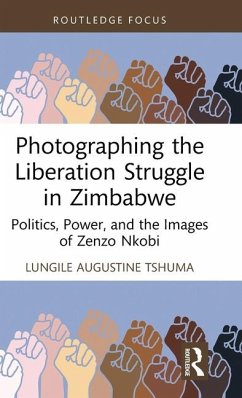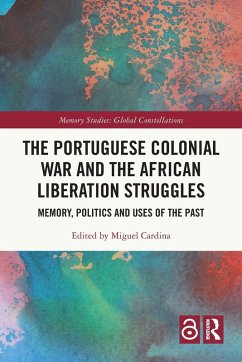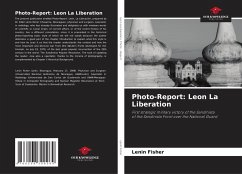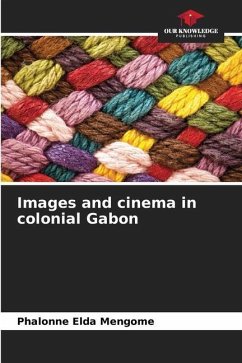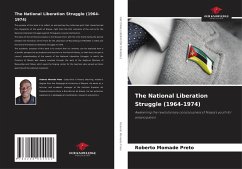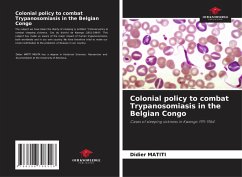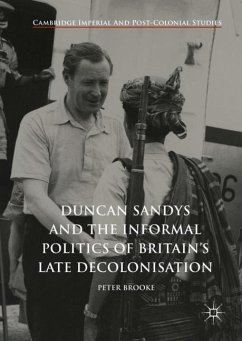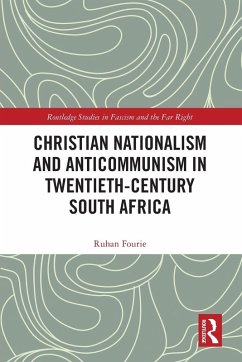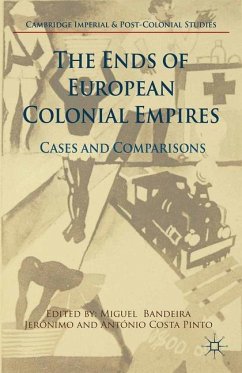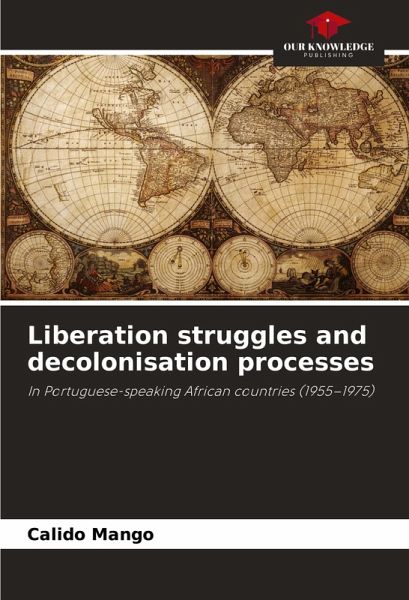
Liberation struggles and decolonisation processes
In Portuguese-speaking African countries (1955-1975)
Versandkostenfrei!
Sofort lieferbar
24,99 €
inkl. MwSt.

PAYBACK Punkte
12 °P sammeln!
This work is another valuable contribution to academia and knowledge in general, regarding the contribution of the historical process of decolonisation in the current countries of Guinea-Bissau, Angola, Cape Verde, Mozambique, and São Tomé and Príncipe. It addresses the beginning of the decolonisation process that culminated in the end of the Portuguese presence in Africa, which had lasted for centuries. This work discusses the valuable mobilisation of those who became symbols of these struggles in the former Portuguese colonies in Africa, such as Amílcar Cabral, Agostinho Neto and others ...
This work is another valuable contribution to academia and knowledge in general, regarding the contribution of the historical process of decolonisation in the current countries of Guinea-Bissau, Angola, Cape Verde, Mozambique, and São Tomé and Príncipe. It addresses the beginning of the decolonisation process that culminated in the end of the Portuguese presence in Africa, which had lasted for centuries. This work discusses the valuable mobilisation of those who became symbols of these struggles in the former Portuguese colonies in Africa, such as Amílcar Cabral, Agostinho Neto and others who fought until independence was achieved. This work demonstrates the importance of the process of emancipation of the peoples of Portugal's former colonies through their leaders. The work aims to expose the relevance of this cause for the liberation of these peoples and their assertions of independence, as well as the reappropriation of their identities as Africans. At the same time, it will serve as a resource that will allow citizens of the countries involved and other interested parties to learn about the history of emancipation in these countries.



